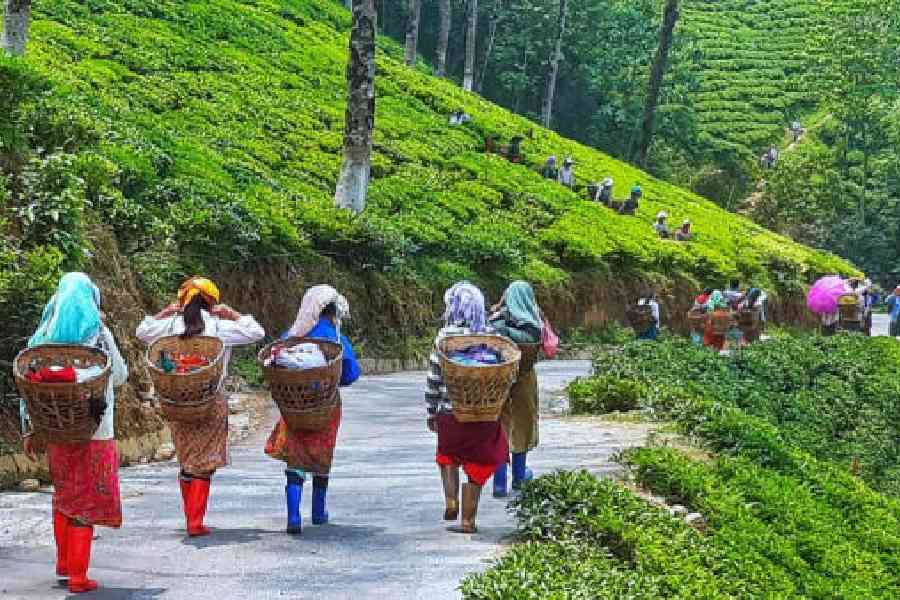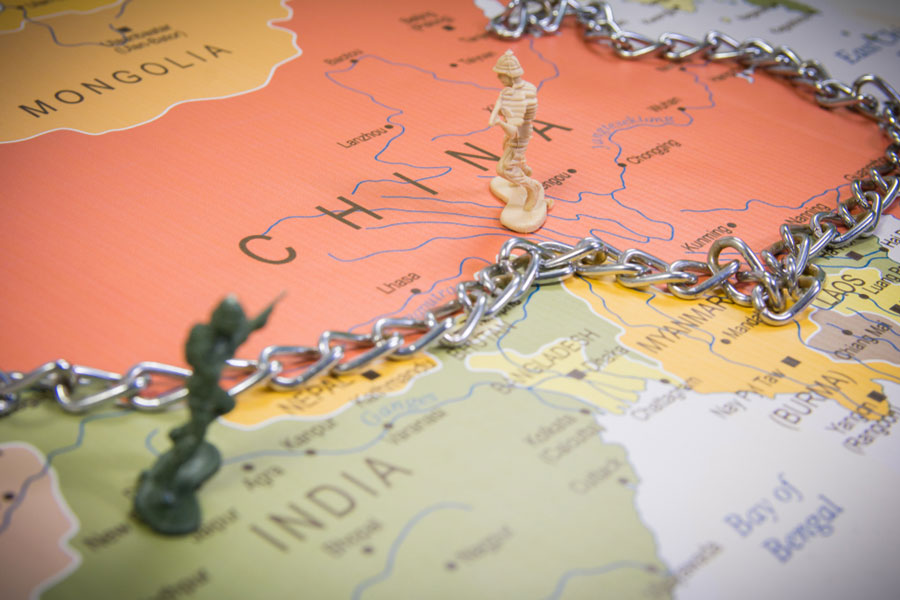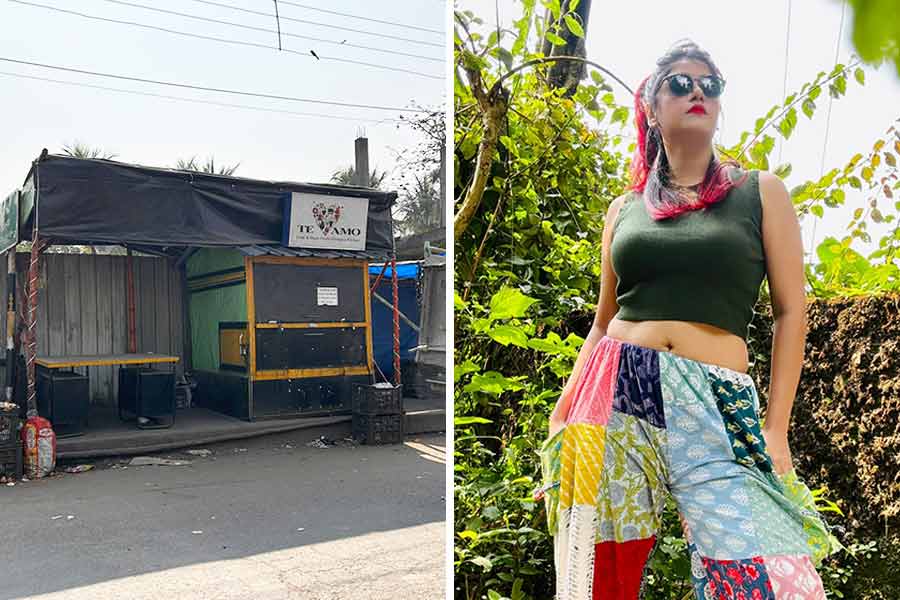At least four operating tea gardens have declared suspension of work in Darjeeling, complaining of worsening industrial relations on the back of unrest over puja bonus.
Already affected by falling yields, spiralling cost and lost market share that have rendered more than a dozen gardens closed or abandoned and the rest gasping for life, the latest blow could not have come at a worse time for the industry.
Despite the state’s advisory to pay bonus at the rate of 16 per cent, in line with what has been settled for the gardens of the plains (Dooars and Terai), a section of the workers egged by individuals with political ambition have rejected the deal, demanding payouts at the highest permissible rate of 20 per cent. Afraid of losing vote bank, the unions backed by established political parties have also joined in the game of one-upmanship, several garden owners complained.
The lockout notices put out by at least three gardens, reviewed by this correspondent, tell stories of physical intimidation, gherao, gate meeting and forcible prevention of dispatches of green leaf choking the gardens of crucial working capital lifeline.
“They are out there destroying the industry for political gains. Majority of workers who want to accept the bonus at the rate advised by the government are not being allowed to do so by a small minority who are backed by wannabee trade union leaders and a few NGOs,” said a prominent Darjeeling tea garden owner on strict condition of anonymity fearing backlash.
There are confirmed reports of Singtom, Ringtong, Soom and Bannockburn tea estates declaring suspension of work by this evening. There are about 82 gardens which are protected by geographical indication (GI) tag in Darjeeling, officially employing 55,000 permanent workers. However, it is widely accepted that only about 30,000 of them actually come to work, reflecting over 45 per cent absenteeism.
“There is an atmosphere of fear and intimidation going on. Work is being stopped at the slightest pretext,” said a garden owner who announced suspension of work.
The labour unrest is also creating ripples among some of the foreign buyers of Darjeeling tea, who are conscious about workers’ rights. Most of the first and second flush teas produced by the hill, widely known as the champagne of teas, are exported.
The unrest is hurting not only the tea production but the tourism industry. Singtom, which operates a 12-room resort within the garden, had to cancel bookings for the Puja period and in November.
However, a large section of garden owners managed to avoid the showdown for now by agreeing to act according to future directives of the government for bonus payment.
According to one estimate, the cost to company for a tea garden worker in Darjeeling comes to ₹415-420 per person, even as the daily wage is ₹250.
Wage accounts for about 70 per cent of the cost of tea produced in Darjeeling where the yield is about 20 per cent of the plains.
Even as Darjeeling tea production has fallen to about 6 million kg from the high of 14 mkg, prices have remained subdued as cheap imports from Nepal, often sold mischievously as Darjeeling, have taken up the space. As a result, gardens are in financial squeeze due to spiralling costs due to wage hike amidst stagnant prices.











